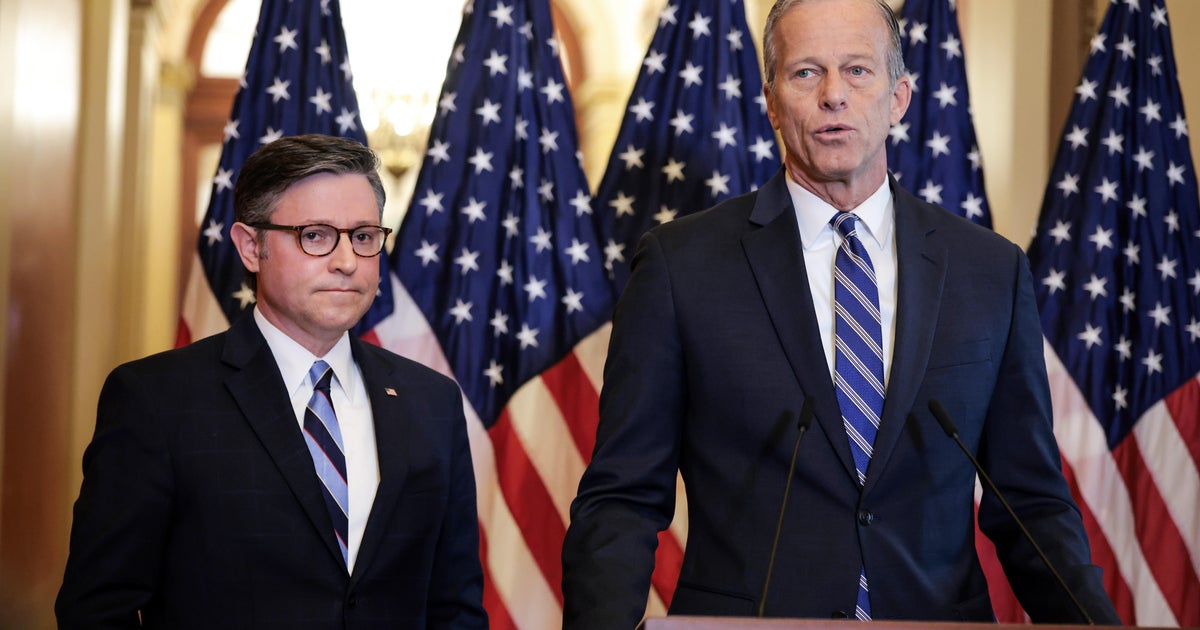Budget Framework Passed by House, Republicans Face Tough Negotiations Ahead
The House passed a budget framework supporting Trump's fiscal agenda, enabling planned tax cuts and spending cuts amid rising tensions within the GOP.
Subscribe to unlock this story
We really don't like cutting you off, but you've reached your monthly limit. At just $5/month, subscriptions are how we keep this project going. Start your free 7-day trial today!
Get StartedHave an account? Sign in
Overview
On April 10, the House passed a budget framework supporting President Trump's fiscal agenda with a narrow 216-214 vote. This resolution allows Republicans to draft major legislation aimed at making Trump’s tax cuts permanent, accompanied by $1.5 trillion in spending cuts. Speaker Mike Johnson overcame internal dissent but now faces significant challenges to unify the party, especially regarding potential Medicaid cuts. Key Republicans worry about re-election impacts, while Democrats criticize the plan as detrimental to vulnerable populations. With thin majorities, GOP leaders must balance fiscal conservatism with electoral viability as the midterms approach.
Report issue

Read both sides in 5 minutes each day
Analysis
Analysis unavailable for this viewpoint.
Articles (30)
Center (8)
FAQ
President Trump's fiscal agenda includes making permanent the 2017 tax cuts, implementing new cuts, increasing military spending, bolstering border security operations, and reducing the federal deficit by $1.5 trillion through spending cuts.
House Republicans seek at least $1.5 trillion in spending cuts, while the Senate's minimum target is lower, at about $4 billion. The Senate uses a
Democrats criticize the plan for proposing massive cuts in entitlement programs such as Medicaid, Medicare, and Social Security, which they believe will harm vulnerable populations.
GOP leaders must balance fiscal conservatism with electoral viability, as some Republicans worry about the impact of deep spending cuts on their re-election prospects.
History
- 7M
 2 articles
2 articles
- 7M1 article

- 7M

 4 articles
4 articles
- 7M

 6 articles
6 articles
























